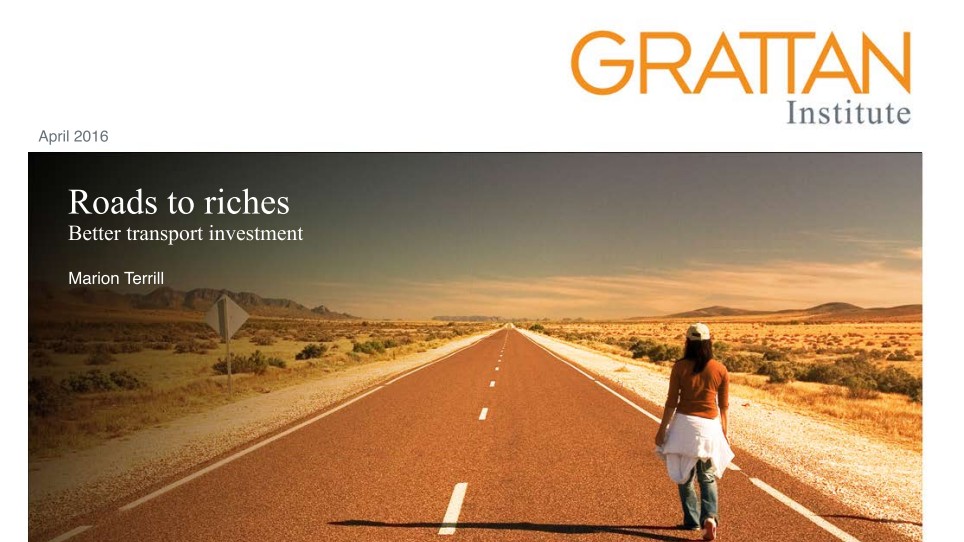1101 results found
Featured results



More results
UN ESCAP supports governments in Asia-Pacific in implementing measures to efficiently involve the private sector in infrastructure development.




The procurement guidelines were introduced in April 2015 by ADB. The purpose of these Guidelines is to inform those carrying out a project that is financed in whole or in part by a loan from the Asian Development Bank (ADB), ADB-financed grant, or ADB-administered funds.


The World Bank Group developed this tool to help governments systematically prioritise infrastructure investments to achieve their development goals, taking into account capacity and public resource constraints.

Speaking before the G24 forum of developing countries in Colombia, the Global Infrastructure Hub called on public and private sector actors to increase efforts to understand each other’s priorities in order to structure infrastructure projects that can attract private financing.
This guidance tool has been developed for governments that wish to enhance the viability of their PPP infrastructure projects.


The document provides a guidance for planning investments by the Government. The Governments currently cherry-pick the evaluation method that suits the result they want.



The UNECE International PPP Centre of Excellence has as its core vision the implementation of PPP solutions to promote the United Nations Sustainable Development Goals (SDGs).


Global Infrastructure Hub is pleased to announce that it has signed a Memorandum of Understanding (MOU) with the Inter-American Development Bank (IDB). The memorandum reflects our organisations’ shared intentions to explore opportunities for cooperation and collaboration, and increase the effectiveness and efficiency of work programs through knowledge sharing, consultation and advice.
Finance ministry and central bank officials at the February Asia-Pacific Economic Cooperation (APEC) meeting in Peru called for closer collaboration with the Global Infrastructure Hub (the GI Hub) at a session focussed on strengthening public policy in the Asia-Pacific region.

This publication examines the direct and indirect benefits of public investment if carried out in a clean and efficient manner. It provides a Framework for Integrity in Public Investment, mapping out risks of corruption at each phase of the investment cycle. It also identifies tools and mechanisms to promote integrity in the public investment cycle and provides examples of their successful implementation in both the public and private sectors.


PFRAM is a tool that assesses potential fiscal costs and risks arising from PPP projects.
This publication aims to link the study of urban environmental issues with the advancement of more sustainable urban growth, the report looks at Kampala and Uganda including their background in the context of urban development and drivers of environmental sustainability.

To attract the trillions of dollars needed in infrastructure investment to fuel global growth and create jobs, we need better information about what’s working and why.
On 27 January 2016, the Global Infrastructure Hub was represented by Senior Director, Richard Timbs, at the global launch of the International Infrastructure Support System (IISS) at the Inter-American Development Bank in Washington.









